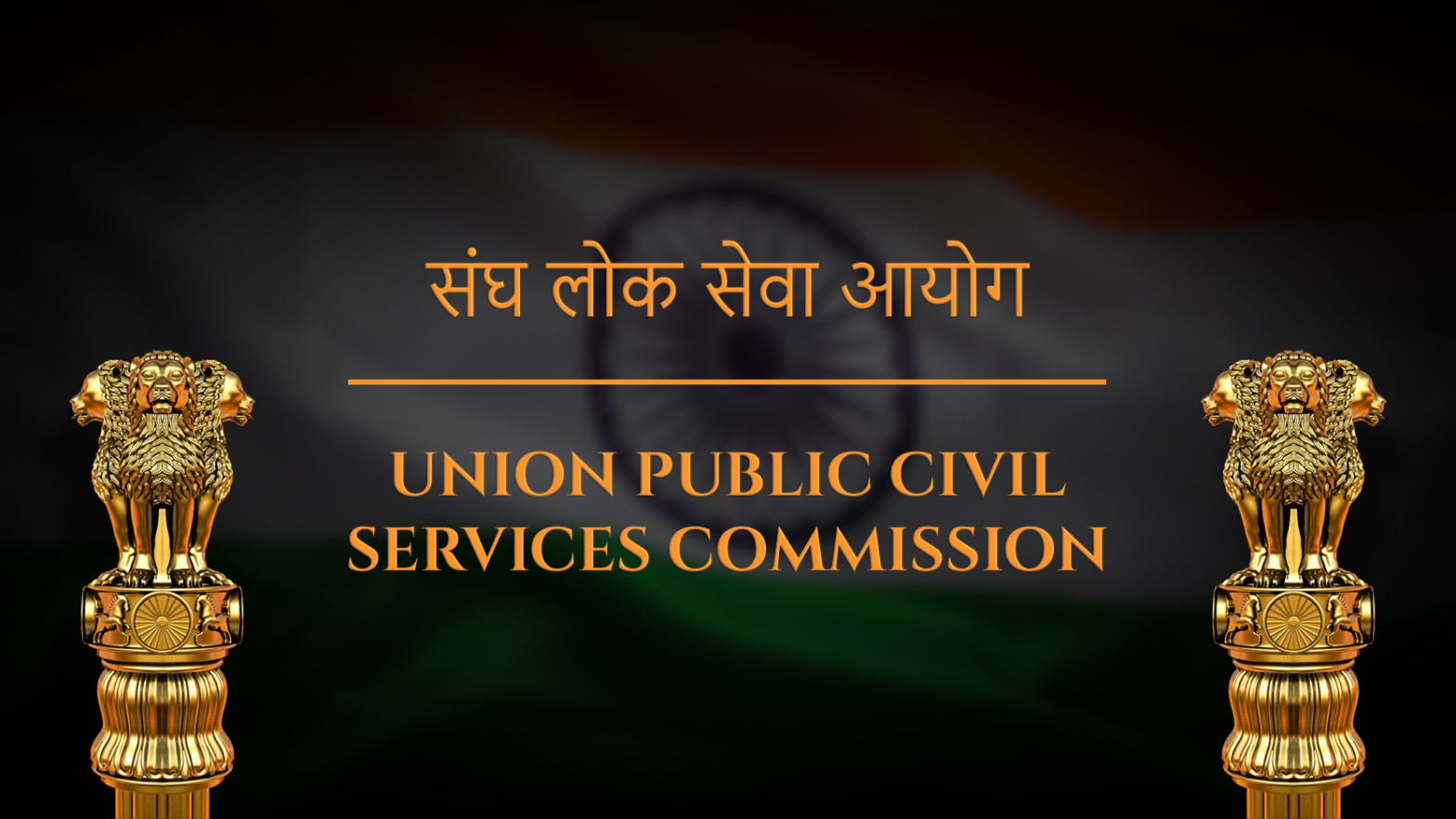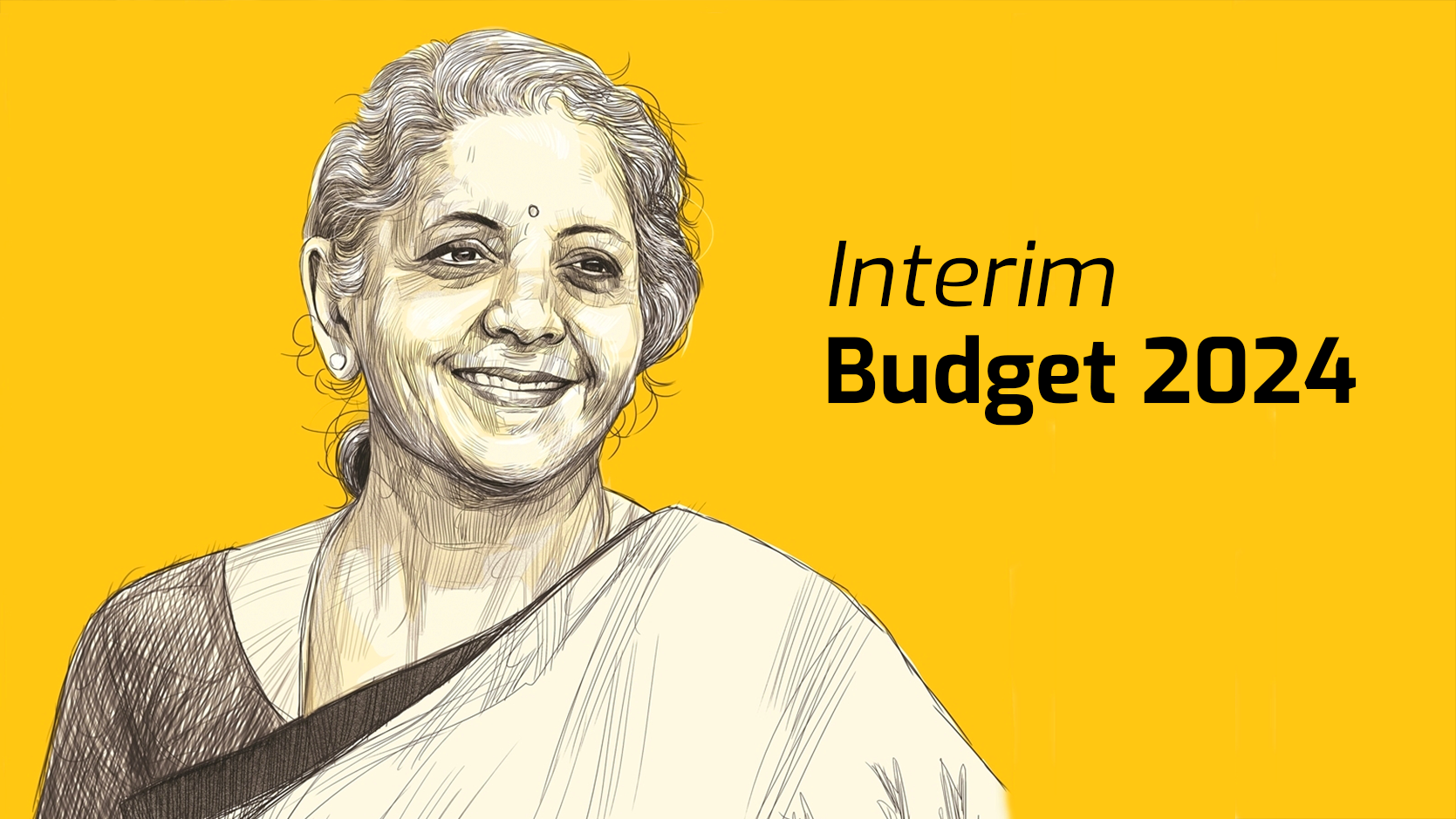What is the Full Form of UPSC: To obtain their ideal position in the Indian Administrative Service, thousands of candidates strive to pass the IAS Exam. Most candidates are aware of the exam, but in this article, we’ll talk about the UPSC, the only organization authorized to administer it. UPSC stands for Union Public Service Commission in its full form.
What is the Full Form of UPSC
The UPSC, or Union Public Service Commission, is a significant entity in the administrative framework of India. The UPSC is in charge of hiring applicants for the Armed Forces of the Union of India as well as for the Central Services, Cadres, and All India Services.
What is the Full Form of UPSC Overview
The full form of UPSC is the Union Public Service Commission. It’s a constitutional body in India that conducts examinations for various prestigious civil services and posts under the Government of India.
These exams include the Civil Services Examination, Engineering Services Examination, Combined Medical Services Examination, Indian Forest Service Examination, and others. UPSC plays a crucial role in recruiting personnel for the central government’s administrative machinery.
UPSC Meaning
Union Public Service Commission is the full name of the organization. For 24 services under the Central & State Governments of India, UPSC holds a National Level Exam.
The Indian Constitution requires the UPSC to appoint people to the Central Services Group A and B and the All-India Services. It also requires the UPSC to create and maintain testing protocols for these recruitments in collaboration with many departments.
In addition, UPSC is consulted on issues related to personnel transfers and promotions, as well as any disciplinary actions involving public servants acting in their official capacities. New Delhi is home to the commission’s headquarters.
On all days when the central government is in operation, the Union Public Service Commission is open from 10:00 AM to 5:00 PM.
Candidates are urged not to phone the UPSC’s operational helplines for various tests, which are manned whenever a specific application procedure is in progress unless their questions about the process cannot be answered online.
Role and Responsibilities of UPSC
The UPSC shoulders several responsibilities crucial to maintaining the efficiency and integrity of the country’s administrative machinery:
- Conducting Examinations: Perhaps the most renowned function of UPSC is conducting competitive examinations for recruiting candidates for various civil services. The Civil Services Examination (CSE) is the flagship examination, attracting lakhs of aspirants every year. Successful candidates are inducted into prestigious services like the Indian Administrative Service (IAS), Indian Foreign Service (IFS), Indian Police Service (IPS), and others.
- Recruitment to Central Services: Apart from the Civil Services, UPSC conducts examinations for recruiting personnel into other central services such as the Indian Engineering Services (IES), Indian Economic Service (IES), Indian Statistical Service (ISS), and Combined Medical Services (CMS), among others.
- Advisory Role: The Commission also advises the government on matters related to recruitment, promotion, and disciplinary actions concerning civil servants. It assists in framing rules and regulations for these processes to ensure transparency and fairness.
- Conducting Interviews and Personality Tests: While the written examinations form the initial phase of selection, UPSC also conducts interviews and personality tests to assess candidates’ suitability for various administrative roles. These tests gauge the candidate’s intellectual capabilities, leadership potential, and personality traits.
- Setting Syllabus and Examination Patterns: UPSC plays a pivotal role in designing the syllabus and examination patterns for the various examinations it conducts. It ensures that the assessments are comprehensive, relevant, and in line with the requirements of the respective services.
Difference between UPSC and IAS
Every year, the UPSC administers the Civil Services Examination (CSE). Since CSE also hires for IAS, the exam is frequently referred to as IAS Exam.
The UPSC CSE consists of three stages:
Preliminary Examination for Civil Service: The preliminary examination, also known as Civil Service Prelims, is the initial phase of testing. It consists of two papers with unbiased questions on them.
- GS Paper
- CSAT Paper or GS Paper -2 (CSAT)
Mains Exam for Civil Services: The UPSC mains examination is the second stage of the Civil Services Examination (CSE) conducted by the Union Public Service Commission (UPSC). It’s the main written exam that candidates must clear to move forward in the selection process for roles like Indian Administrative Service (IAS), Indian Police Service (IPS), and others.
There are 4 GS Papers in the mains examination –
- UPSC Mains GS 1
- UPSC Mains GS 2
- UPSC Mains GS 3
- UPSC Mains GS 4
Civil Services Personality Test: The last exam level is the UPSC Personality Test. The only applicants who would be called for the interview are those who passed the UPSC-set cut-off point in the main examination.
After adding together, the candidates’ results from the personality test and mains examination, the UPSC creates the final merit list. The candidates’ choices, the merit list, their category, and the number of openings in each category are then taken into consideration when allocating the services to them.
Array





